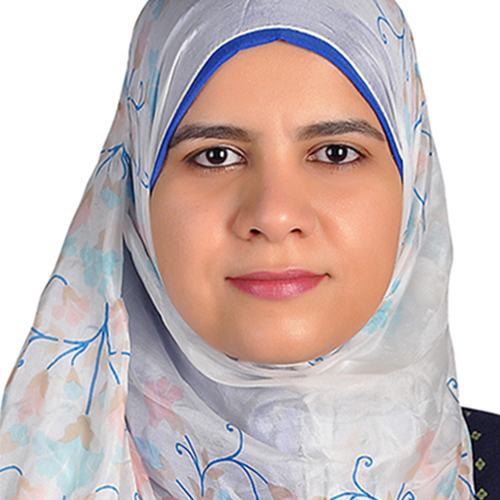
Nada Abdel Aziz
Country (Nationality)
Egypt
Grantee Title
Project: The role of Foxp3+ regulatory T cells in the control of schistosomiasis-induced liver fibro-granulomatous inflammation
Grantee Description
Country of nationality:
Egypt
Research area:
Immune regulation in helminth infection
Host Organisation & country:
Cairo University, Egypt
Summary
Schistosomiasis continues to be a burden in Africa with more than 90% of cases being concentrated in Africa. Egg-driven pathological inflammation causes long-lasting impairment of the affected organ function with no available effective drug.
Dr. Abdel Aziz’s research will investigate how the regulatory arm of the immune response, regulatory T cells, regulate the development of fibroproliferative pathology and how to harness their immunoregulatory role to better control the disease pathology.
Grantee Description
Dr Nada Abdel Aziz is a Post-Doctoral Fellow at University of Cape Town (UCT), South Africa and Lecturer at Faculty of Science, Cairo University, Egypt. She obtained her PhD in Clinical Sciences and Immuno-Biotechnology from UCT in 2018 and her doctoral work focused on the role Interleukin-4 receptor alpha-signalling pathway on Foxp3+ regulatory T cells to control helminth-induced tissue damage.
Dr Abdel Aziz’s long-term aspiration is to advance our knowledge about immune regulation underlaying helminth pathogenesis. She aims to develop a novel research avenue that therapeutically harness immune-regulatory arm to control helminth-induced tissue damage, train young African scientists, and conduct research informing policy decisions to improve human health.
Project: The role of Foxp3+ regulatory T cells in the control of schistosomiasis-induced liver fibro-granulomatous inflammation
The regulatory T cell (Treg) project that she is embracing aims to mechanistically understand how Tregs regulate liver fibro-granulomatous inflammation. The currently available drug, Praziquantel, does neither regulate nor reverse the egg-driven immunopathology, thus leaving most exposed individuals with a long-lasting-to-persistent impairment of the affected organ function. Development of novel therapeutic strategies that may help in regulating fibroproliferative pathology to efficiently control the disease burden is thus desperately needed. Dr. Abdel Aziz will use state-of -the-art technologies, single-cell RNA- and ATAC-sequencing, to unveil the changes in Tregs gene expression and epigenetic profile during experimental schistosomiasis. The findings will next be transitionally validated at the clinical level. She then finally aims to mechanistically dissect the function of the consensus factor(s) that empowers Tregs with the suppressive capacity needed to regulate the development of fibroproliferative pathology. Integration of these arms of the project will advance our understanding of how Tregs regulate liver fibroproliferative pathology which will principally pave the way to devise effective interventions that would curtail inflammation and efficiently help in controlling the disease burden in a targeted approach.
